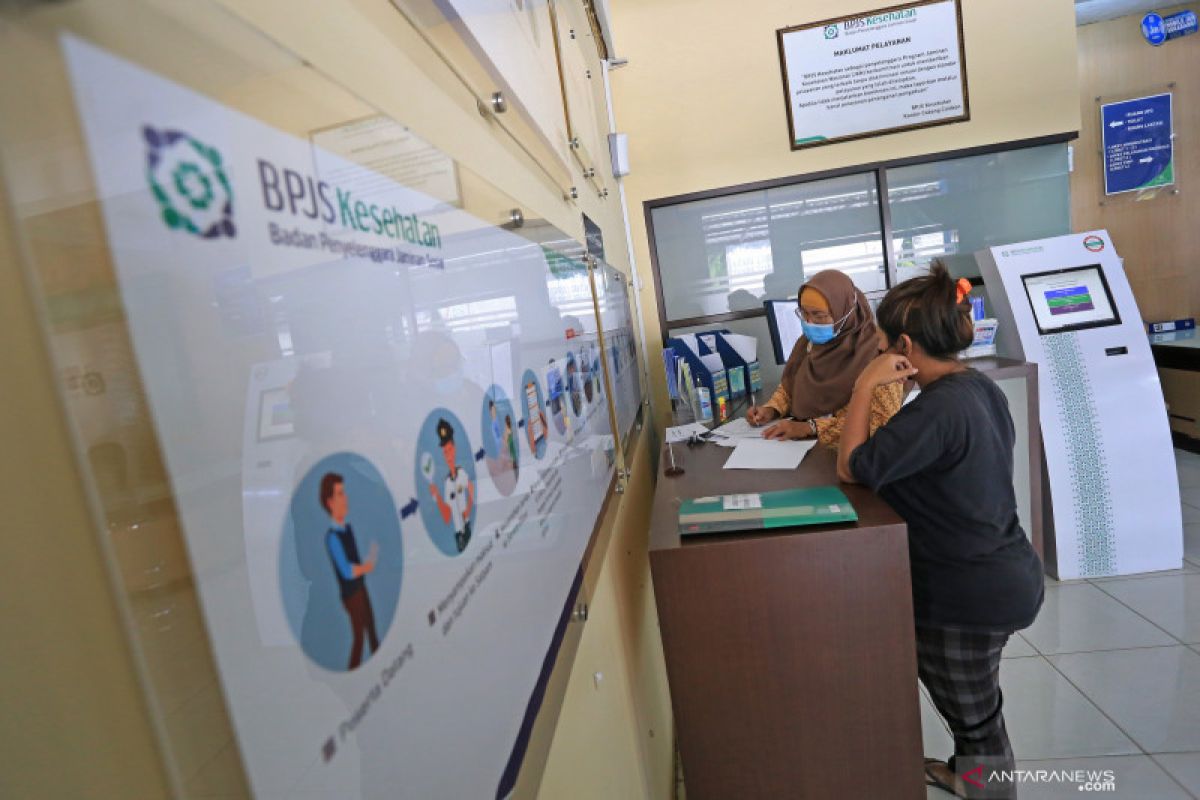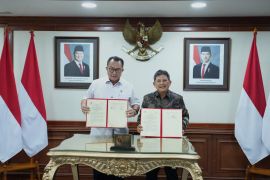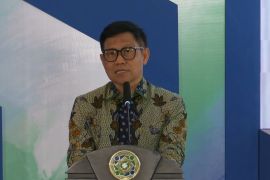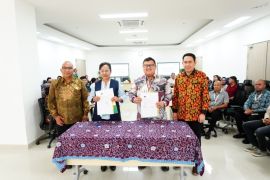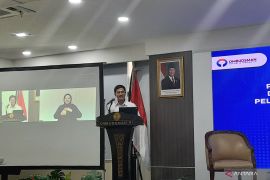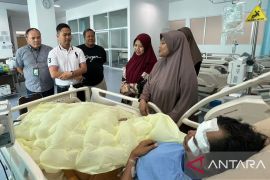This includes JKN participants that are not active or in arrears of contributions or do not pay contributionsJakarta (ANTARA) - The Health Ministry's Secretary General Kunta Wibawa noted that as of November 2022, coverage of the National Health Insurance (JKN) Program's participation had reached 89.7 percent of Indonesia's total population of around 275 million people.
"This includes JKN participants that are not active or in arrears of contributions or do not pay contributions," Wibawa noted at the Universal Health Coverage (UHC) Day 2022 webinar, held with the theme of "the Acceleration and Transformation for Health Service Access for All" followed online on Saturday.
He expressed hope that the role of the National Health Care and Social Security Agency (BPJS Kesehatan) and relevant ministries and agencies would be strengthened in boosting the coverage of JKN participation and the number of active participants of the program.
"In essence, what we are pursuing is participants, who actively pay contributions," he remarked.
Related news: PMI opens 24-hour health services to serve Cianjur quake victims
Wibawa expressed optimism that by increasing the coverage of active participation, by 2024, all of Indonesia's population would become active participants of JKN and get the benefits of health insurance.
The ministry's secretary general stated that in the 2020-2024 National Medium-Term Development Plan (RPJMN), one of the visions in the health sector was to improve health services to reach Universal Health Coverage, especially the strengthening of primary health services by enhancing promotive and preventive health programs supported by innovations and technologies.
Related news: Intern doctors in remote areas to receive Rp6.4-M living assistance
"We have also carried out health transformation by changing the mindset, from curative to promotive-preventive, especially increasing the services of community health services (puskesmas) and integrated health posts (posyandu), including our second pillar, namely providing referral services," he stated.
He explained that for the enhancement of referral services, the government aims to make all hospitals in the country, from the district, city, to provincial, and the national levels, to be able to provide health services for the four most deadly diseases in Indonesia: cancer, heart disease, stroke, and kidney disease.
He remarked that the role of various parties from the government, private sector, academics, and the community is crucial in creating a healthy and productive society, as health is the basic capital of national development.
Related news: Ministry encouraging provincial hospital to perform open heart surgery
Related news: Banten's 248 health centers to be integrated into One Health
Translator: Fitra Ashari, Raka Adji
Editor: Fardah Assegaf
Copyright © ANTARA 2022
